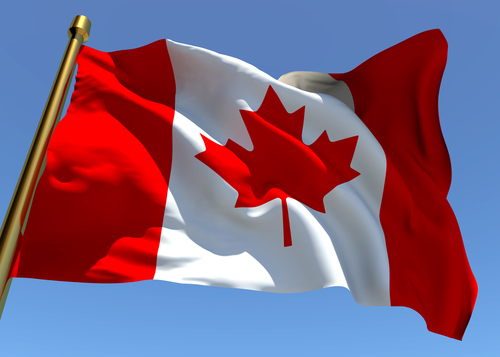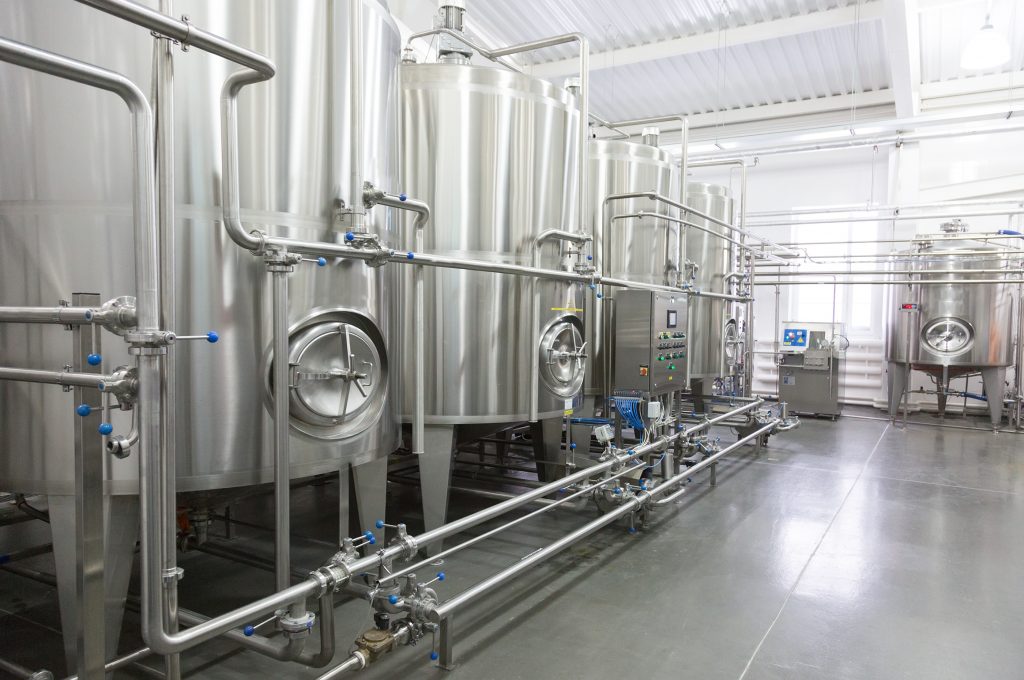The Canada-EU Comprehensive Economic and Trade Agreement (CETA), the Comprehensive and Progressive Agreement for Trans-Pacific Partnership (CPTPP), and the Canada-United States-Mexico Agreement (CUSMA) have allowed for unprecedented access to Canada’s domestic dairy market. These trade agreements provide few export opportunities for Canadian dairy processors and, in the case of CUSMA, even limit the export of certain dairy products.
Without government action, these agreements could have resulted in $300 million in annual losses for Canada’s dairy processing sector.
Government action to address the impacts of trade agreements
DPAC has successfully advocated for government action to address the impacts of these agreements on Canada’s dairy processors. This compensation has included $497.5 million for Canada’s dairy, poultry and egg processing sectors:
- $100 million for a Dairy Processing Investment Fund to address the impacts of CETA (2017)
- $292.5 million to create a Supply Management Processing Investment Fund to address impacts of CETA and CPTPP (2021)
- $105 million added to the Supply Management Processing Investment Fund to address the impacts of CUSMA (2022)
Beyond these investments, the 2023 Federal budget included $333 million for the creation of the Dairy Innovation and Investment Fund to address a structural surplus of solids non-fat (SNF), a byproduct of dairy processing, through support research and the development, market development and processing capacity for products based on SNF.
Addressing impacts of trade agreements will allow dairy processors to more confidently invest and innovate in Canada. Government programs to mitigate the impacts of these trade agreements on Canada’s dairy processors will help to stabilize market disruption and help processors adapt to new market realities created by influx of imported products.
The importance of dairy import permits
Trade agreements like CETA, CPTPP, and CUSMA allow supply managed products, like dairy, to be imported into Canada without duty through permits known as tariff-rate quota (TRQ).
TRQ holders are allowed to import a specific amount of a certain product during a specified period. This means that the Canadian government decides which companies, groups or individuals receive the TRQ each year and then import products with little or no duties.
DPAC’s position is that the vast majority of dairy TRQs should always be allocated to dairy processors. Dairy processors have a proven track record as serious importers, with deep expertise of trends and Canadian consumer preferences.
Allocating TRQ to dairy processors enables Canada to provide additional market access to trading partners while also supporting a robust dairy supply management system. Finding this delicate balance enhances government mitigation measures, maintains the integrity of the Canadian dairy industry and ensures that it continues to thrive.
Featured news and resources
See featured news, resources and articles related to International Trade.


